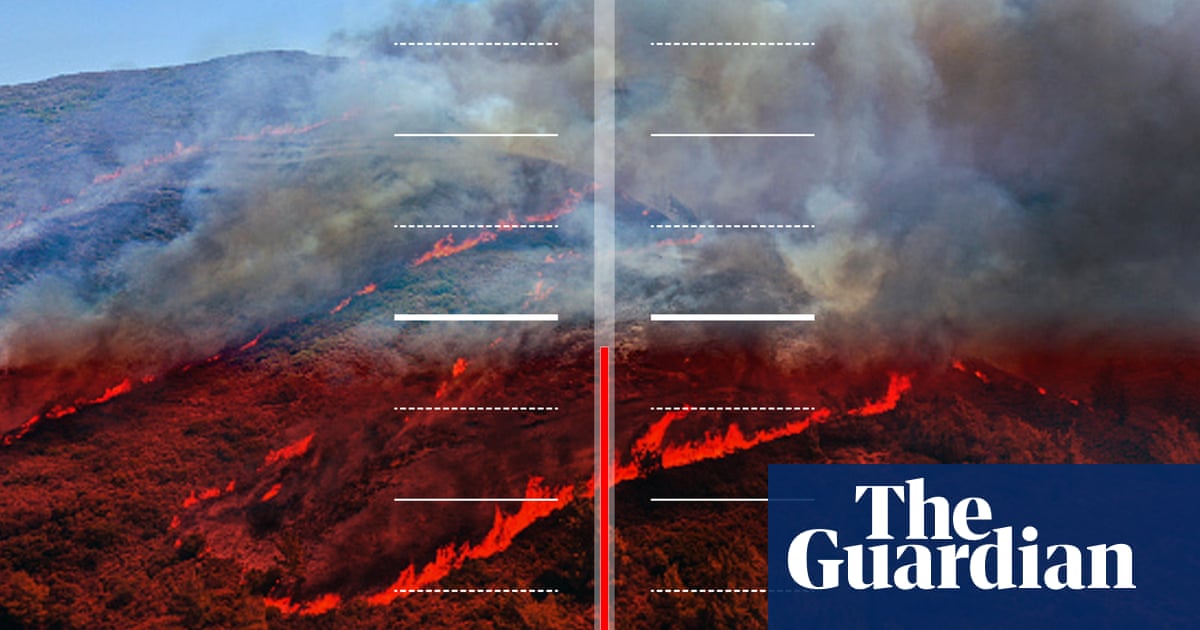- cross-posted to:
- futurology@futurology.today
- cross-posted to:
- futurology@futurology.today
Almost 80% of the respondents, all from the authoritative Intergovernmental Panel on Climate Change (IPCC), foresee at least 2.5C of global heating above preindustrial levels, while almost half anticipate at least 3C (5.4F). Only 6% thought the internationally agreed 1.5C (2.7F) limit will be met.
“I think we are headed for major societal disruption within the next five years,” said Gretta Pecl, at the University of Tasmania. “[Authorities] will be overwhelmed by extreme event after extreme event, food production will be disrupted. I could not feel greater despair over the future.”
"The world’s response to date is reprehensible – we live in an age of fools.”
Lisa Schipper, at University of Bonn in Germany, said: “My only source of hope is the fact that, as an educator, I can see the next generation being so smart and understanding the politics.”


It is tempting to not want to care about mundane day-to-day activities when reading news like this but we should not give in to the spectacular. It will be a long slow grind of things getting better in some ways, worse in others, punctuated by moments of horror. Maybe you will be directly affected, maybe you will not. I think there's a tendency on this site toward believing in some upcoming total collapse. Coming from a religious background, humans honestly seem hardwired to desire or cling to this belief on some level. You probably will not die in a climate disaster. Instead you will almost certainly die in 40-60 years of some mundane reason, marked only by those who know you, and the events that led to your death not blasted around the world as headline news. Humans are incredibly resilient. This is not to say your quality of life will be good. But it can be survivable.
Almost every single collapse short of a nuclear holocaust has been a slow grinding toward decentralization, scarcity, and then violent restructuring into a given centralized order. The world has perfectly hospitable temperatures a hundred years ago and famine plagued the globe. Not because of droughts or weather shocks but because distribution was and is dominated by a violent profit-seeking process.
Right now, and probably for at least another 30 years, we produce enough food to feed just about everyone in the world, some countries even look to develop shock-resistant supplies of food for their internal citizenry.
To some extent the upcoming collapse of climate is unprecedented, but it will continue to be unevenly distributed. And it very well could be, we can survive if we adopted communism, and managed distribution and enacted economic degrowth.